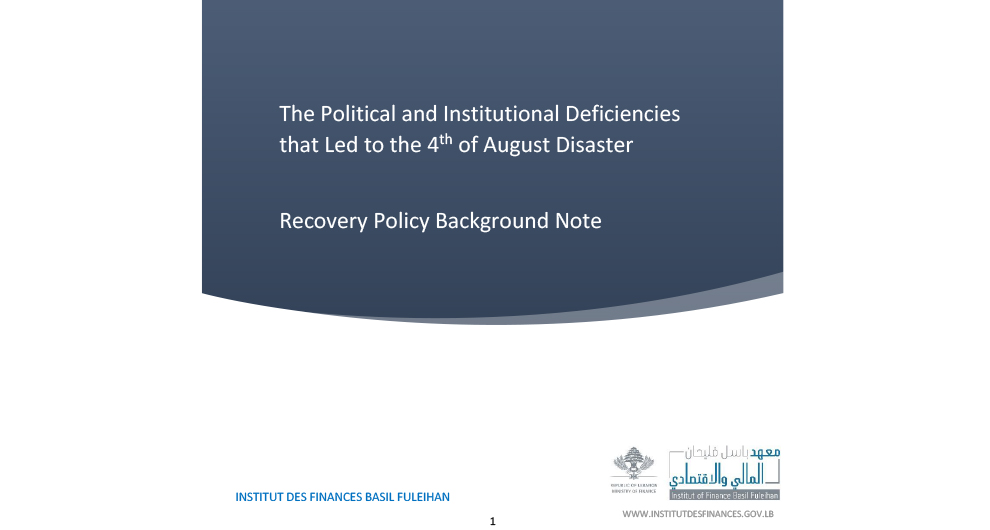The 4th of August catastrophe, which has shattered entire neighborhoods around the Beirut port and has destroyed the livelihoods of thousands across the capital, has further revealed the extent to which political clientelism, corruption, and mismanagement have infiltrated practically all of Lebanon’s public institutions at all levels; from the structural all the way to the procedural.
This recovery policy background note seeks to assert that any long-term disaster relief and relief financing program should be framed by several overarching considerations: reducing political clientelism, curbing informal networks, and restructuring public institutions outside traditional power channels.

